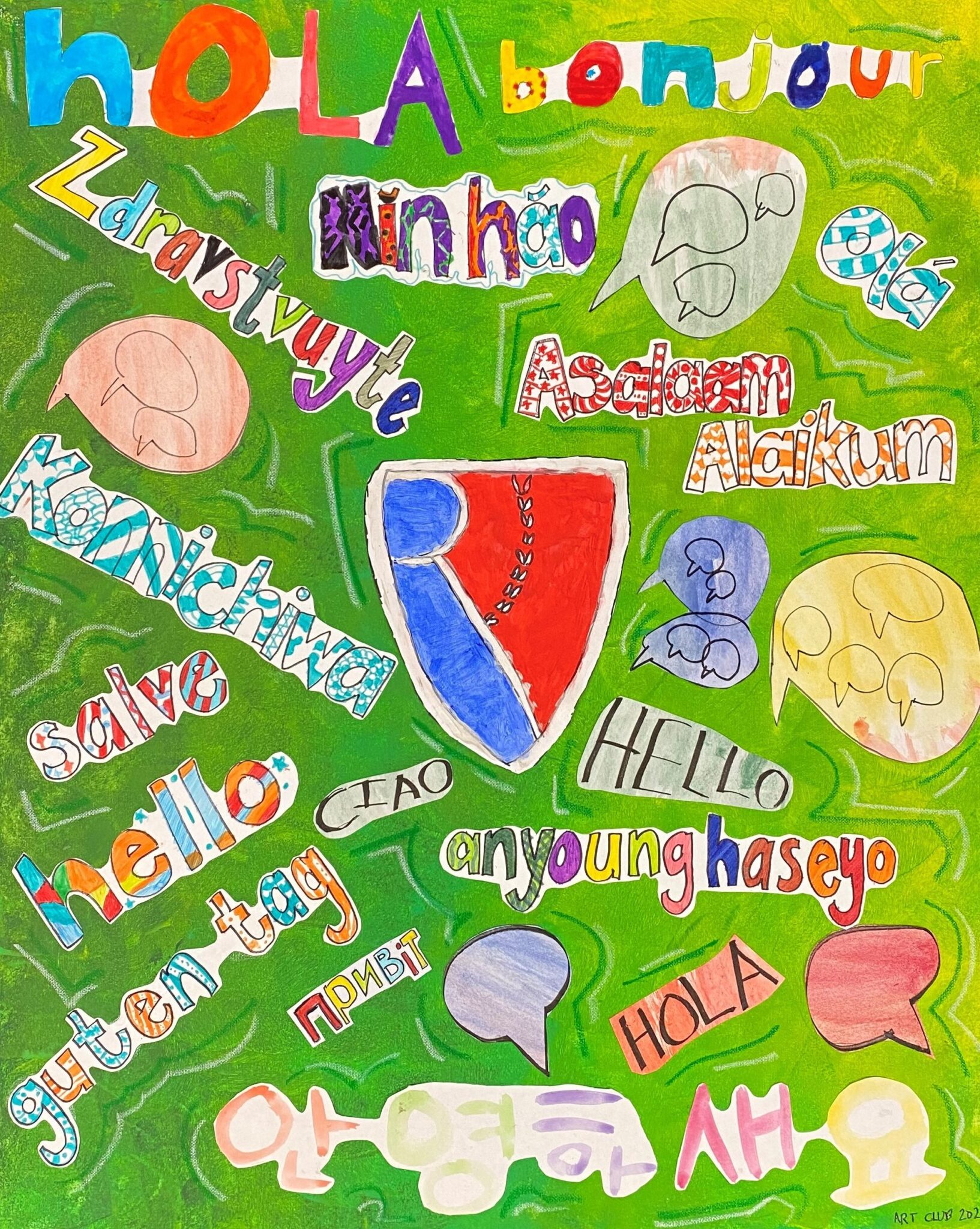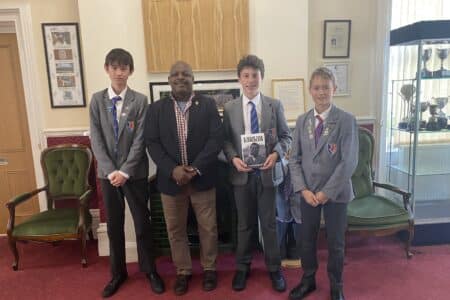At Rokeby School, we want everyone to feel included and to recognise, welcome, respect and celebrate diversity. We are committed to promoting equality and diversity for all our boys, parents and staff. We believe that diversity is a strength that should be respected and celebrated by all those who learn, teach, and visit here.
We expect all members of our community and everyone who enters our school to behave in a way which respects the protected characteristics of the Equality Act 2010.
In March 2023, we ran our first Multicultural Day with the RPC, and in 2023/24, in response to pupil voice, we have added ‘Equalities Ambassador’ as a Year 8 role of responsibility.
Equality, Diversity and Inclusion Objectives
Objective 1: To embed equality, diversity and inclusion into the curriculum and teaching and learning practises.
Rokeby School will deliver a curriculum and teaching and learning practices which:
- Are inclusive
- Show respect for and appreciation of one another as individuals.
- Prepare boys for life in a diverse society by encouraging respect for linguistic, cultural and religious diversity that exists in local communities and the wider world.
- Develop and celebrate the personal and cultural identity of all boys.
- Are proactive in tackling discrimination.
- Promote the benefits of diversity.
Objective 2: To embed equality, diversity and inclusion into the school
We will continue to monitor and analyse student achievement and progress by ethnicity, EAL, and SEND and act on any trends or patterns in this data that identify the need for additional support for equality groups.
We will create and promote opportunities for pupil, parent, and staff voice, debate, and dialogue around these key issues.
Understanding the boys
To help pupils feel included and valued as individuals, we need to understand them. We have a variety of ways of doing this:
- Form Tutor time – Form Tutors are a ‘first port of call’ for pastoral care, and therefore, conversations between them and the pupils in their forms are vital for understanding individuals. As our boys in Year 5 and above are taught by different teachers for different subjects, their Form Tutor time has been increased so they will have more opportunities for 1:1 conversations.
- BASIN (Boy’s Abilities, Strengths, Interests, and Needs)—Form tutors record this essential information termly, share it with all staff, and discuss it further in handover meetings with the pupil’s next Form Tutor.
- Development of personal plans—The school’s long-term goal is for every child to have a personal plan. The plan will contain both academic and non-academic goals, which pupils agree with their Form Tutors and regularly review.
- Pupil questionnaire – Boys in different year groups are asked to complete a questionnaire exploring their experiences at Rokeby. Their feedback (which, overall, was very positive) is given to staff on an INSET day, and we all discuss ideas for areas for improvement.
- PASS (Pupil Attitudes to Self and School)—This is a wide-ranging survey that is particularly helpful for understanding pupils’ learning preferences. Form Tutors review the survey results and then work with pupils to recognise their social and emotional wellbeing needs, which helps to remove learning barriers.
Including boys with additional needs
Some boys may have additional needs, e.g., for learning, behaviour, and emotions. We have some specialists in school to help pupils with additional needs be included, such as the Learning Support team and our Emotional Literacy Support Assistants. We can also help with referrals to external specialists and can accommodate them by providing support in the school where appropriate.
Whatever our boys’ academic ability, differentiation helps ensure that all boys receive work that provides an appropriate level of challenge.
Understanding Diversity
Diversity is taught across the curriculum in addition to lessons during PSHE. The PSHE schemes of work we use give the boys age-appropriate education about community, cultures, and discrimination. In these lessons, teachers encourage honest discussion about differences and understanding and respect for people from all abilities and backgrounds. PSHE is also a good way of teaching children about different family structures and protected characteristics.
Religious studies, form time activities, and assemblies are also used to help our boys learn about diversity.
We want our school environment to help our boys understand and celebrate diversity. Senior Leadership team members and Governors undertake learning walks to ensure that displays, books, and classroom resources represent a diverse range of people, topics, and ideas. Our displays proudly reflect our diverse school community.
Visitors to the school can also help children understand diversity. For example, a group called Show Racism the Red Card provided workshops to boys in Years 4 and Year 7, and Mr Floyd Steadman O.B.E spoke to the boys about unconscious bias and his personal experiences. We also welcome parents to talk to the boys about their culture and share information about special events and festivals.
Understanding diversity applies not only to the boys but also to the staff. To this end, all staff have undertaken diversity training and have been trained on protected characteristics.


